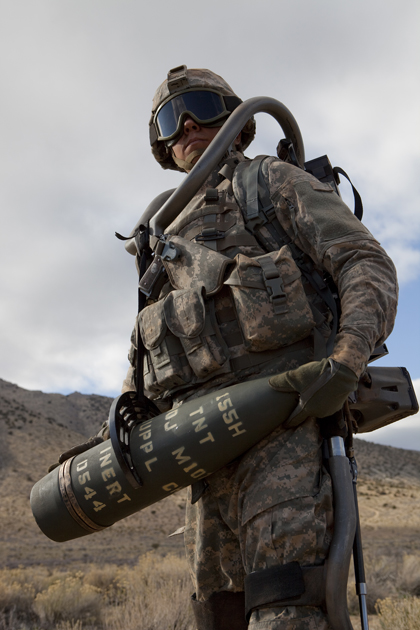What’s going to happen in Syria? The answer to that question rests on what the forces of freedom and the forces of tyranny are willing to do. With Syria up against a wall, Iran is now looking at provide $5.8 billion in aid to Syria. Iran may also provide 20,000 barrels of oil a day. What should the West do? Andrew Tabler has an interesting and sensible idea in Foreign Policy: cut off their ability to export energy. All the revenue goes to the government and it would hit the regime hard. As he writes:
“The longer the Assad regime teeters, the more violent and bloody Syria is likely to become. The Syrian people, the United States, and the international community, therefore, share a common interest in having as short a transition as possible. To help end the bloodshed and bring about a quicker demise of the Assad regime, Washington should now be more ruthless with the Assad regime as well.
Syria produces around 390,000 barrels per day (BPD), down from a high of 600,000 BDP in 1996, and about 6 billion cubic meters of gas annually. Of that, Syria exports around 148,000 BDP of heavy and sour “Souedie” crude, with revenues accruing directly to the state; all gas is used domestically. According to the International Monetary Fund and U.S. government estimates, oil sales account for around one-third of state revenue, with the remainder increasingly made up through corporate and public-sector employee taxes.
But the protests have hit the Syrian economy and currency hard, a fact that is expected to substantially decrease tax receipts. Damascus, therefore, is likely to become increasingly reliant on oil revenue. This in turn would constrain the regime’s ability to fund the security services and the army (the primary bodies responsible for the brutal crackdown), maintain market subsidies (e.g., for diesel fuel and gasoline), and pay off vital regime patronage networks.
Declining revenue will also force the regime to resort to more deficit spending. It could borrow against the $17 billion in reserves at the Central Bank of Syria, but this would essentially be printing money, causing inflation that would undermine the Syrian pound and confidence in the banking system. The regime could borrow more from state-owned and private-sector banks, where the Damascene and Aleppine business elite put their savings. But as the protests continue to grow and the cost of doing business with the Assad regime dramatically increases, Syrian merchants and businessmen are likely to pull their deposits. Either scenario would undermine the regime’s economic lifeline and help spur elite defections — a key element to developing a new political order.”
Sounds very sensible to me, especially when you read the entire piece. Better than sitting on your hands in Washington….

COMMENTS
Please let us know if you're having issues with commenting.